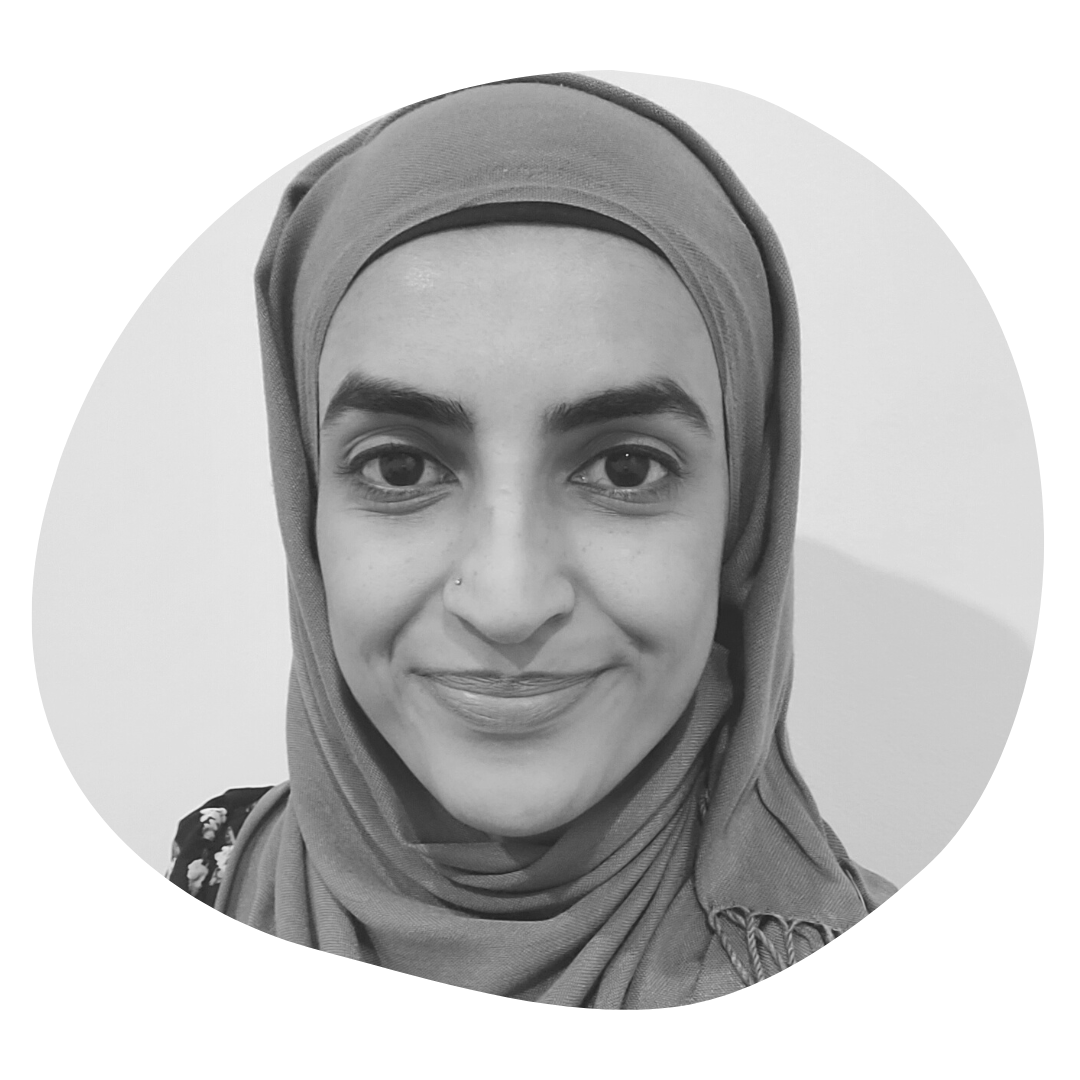Ramadan is a holy month of significance for Muslims. It is a period of 29-30 days where Muslims are challenged to increase in all forms of worship, revive their awareness of God and in turn, achieve a deeper connection. An integral expression of this is demonstrated through spiritual fasting.
Spiritual fasting involves abstaining from eating or drinking from dawn until sunset. The intentions behind spiritual fasting distinguishes the act from other forms of fasting which may be intended for weight control or influencing metabolism.
For Muslims, fasting in Ramadan increases community connection as it is obligatory upon all who are capable and of mature age. However, there are many Muslims who are unable to or struggle to fast due to their circumstances (including battling with an eating disorder) which can contribute to them feeling dismayed and ashamed despite not necessarily being obligated to fast.
